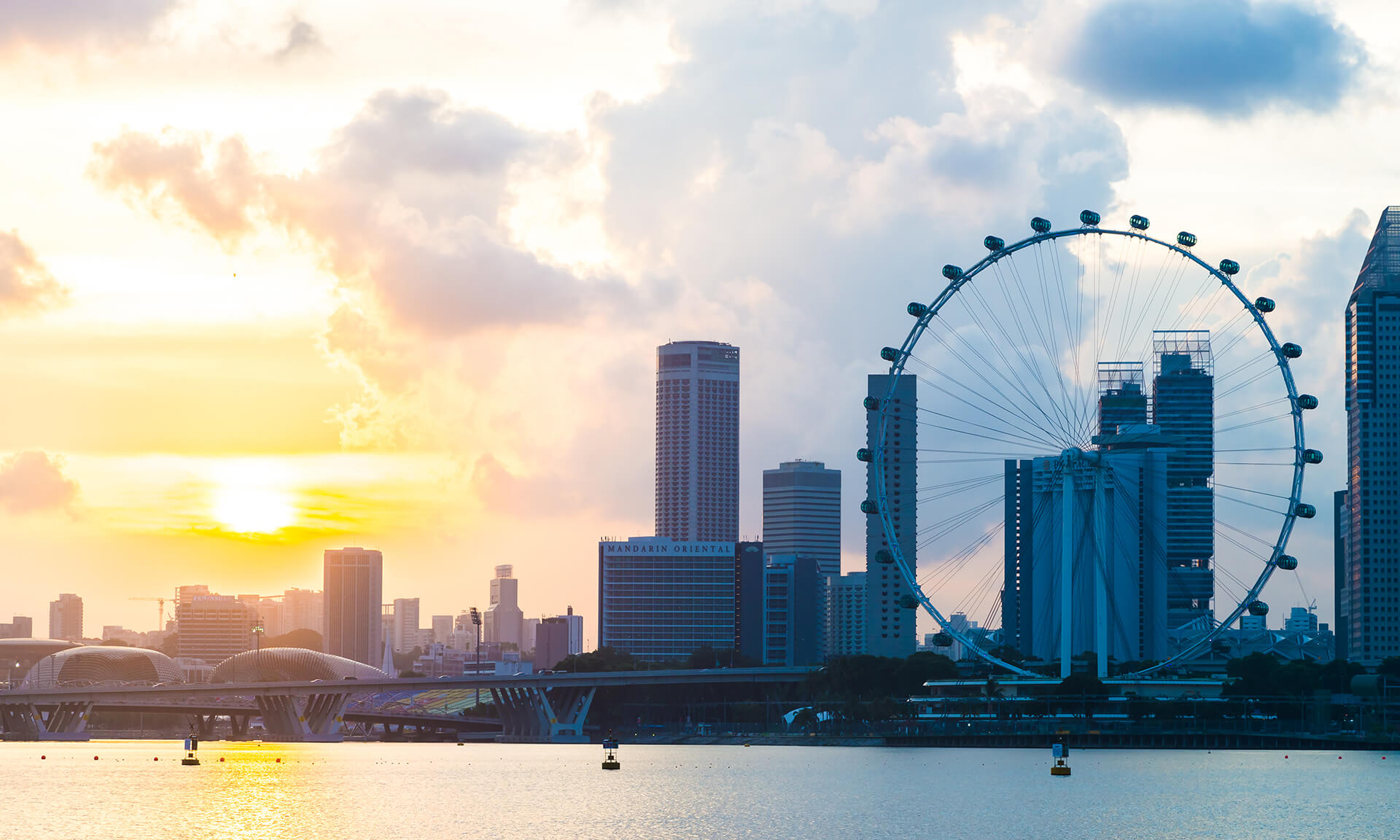Recognized as a hub of ingenuity and a forward-thinking business milieu, Singapore provides an intriguing setting to delve into the constantly changing HR panorama. We are on the verge of commencing a spellbinding odyssey through the pivotal patterns that will reshape the realm of employment in the City of the Lion.
Distant employment is not merely a fad; it signifies a transformative change in our perspective of the work environment. Recent occurrences have thrust this methodology into the forefront. By 2024, remote employment will cease to be optional; instead, it will form the fundamental basis of HR approaches, providing unmatched adaptability and entry to an extensive pool of skilled individuals. Integrate team-building pursuits for remote settings that will nurture a sense of unity and guarantee that individuals working remotely are linked with their peers and have equitable chances for advancement.
Advanced AI algorithms rapidly analyzing CVs and identifying exceptional candidates, liberating HR experts to focus on strategic initiatives. Come 2024, Recruitment driven by artificial intelligence will serve as the enchanted tool that simplifies hiring procedures, rendering them swifter, more effective, and ultimately more triumphant.
Celebrating diversity will be a priority, and the commitment to inclusion will be unwavering. Organizations will strive to establish environments where every employee feels appreciated, irrespective of their background, gender, or orientation.
The traditional office, previously a daily necessity, will evolve into an optional workspace. Businesses will design hybrid work setups, enabling employees to manage both in-office and remote work, preserving the essence of collaboration while providing the flexibility to work from any location.
Robust leadership will serve as the guiding beacon steering organizations through the winds of change. Businesses will allocate resources to leadership development, refining the skill sets necessary to navigate the ever-evolving business landscape.
At the heart of HR practices, sustainability will prevail. Enterprises will embrace environmentally conscious policies and promote sustainable behaviours among their staff, guaranteeing that the future workplace is not only productive but also environmentally aware.
In 2024, the focus is not solely on business; it revolves around people. Employee well-being will take center stage in HR practices. Companies will dedicate resources to initiatives that prioritize mental and physical health and financial well-being, acknowledging that a content and healthy workforce is also productive.
Conventional initiation procedures will yield to digital methods, amplifying effectiveness and guaranteeing a hospitable reception for incoming staff members.
The use of blockchain technology will transform HR, validating employee credentials, maintaining data integrity, and bolstering the reliability of HR procedures.
In 2024, HR professionals will possess greater proficiency in data utilization. Advanced analytics will act as the guiding light, assisting HR professionals in making well-informed decisions related to hiring, employee engagement, and performance evaluations.
Human Resources will utilize smart office technology to establish an environment that fosters productivity and enhances employee comfort.
Anticipatory HR analytics will enable organizations to anticipate talent requirements and implement proactive measures to tackle workforce challenges, gaining a competitive advantage.
Establishing a strong employer brand will be a strategic focus to draw in and keep top-tier talent.
Amidst a complex environment, flexible work arrangements with cross-functional teams will serve as the catalyst for innovation and effective problem-solving.
Affinity groups for employees will promote diversity and inclusion, ensuring that each employee senses being an essential part of the team.
Education will adopt gamification, transforming training into a captivating journey for employees, resulting in an enjoyable and productive equilibrium between work and personal life.
Emotional wellness will become a focal point as a primary concern. Companies will provide therapeutic support, stress mitigation initiatives, and establish environments free of judgment, nurturing mental well-being.
The freelance landscape isn’t merely a passing phenomenon; it represents a transformative shift. Singapore will wholeheartedly welcome independent workers, presenting increased chances for project-oriented employment setups and cultivating a collaborative ethos between permanent staff and freelancers.
Given the increase in remote work, cybersecurity training becomes crucial for safeguarding sensitive data and ensuring secure online operations.
Cutting-edge training approaches, such as programs utilizing virtual reality, are set to envelop employees in interactive learning encounters, enhancing both the engagement and effectiveness of training sessions.
The advantages will be as distinctive as the employees themselves. Highly adaptable benefit packages will address varied employee requirements, nurturing loyalty and job contentment.

























